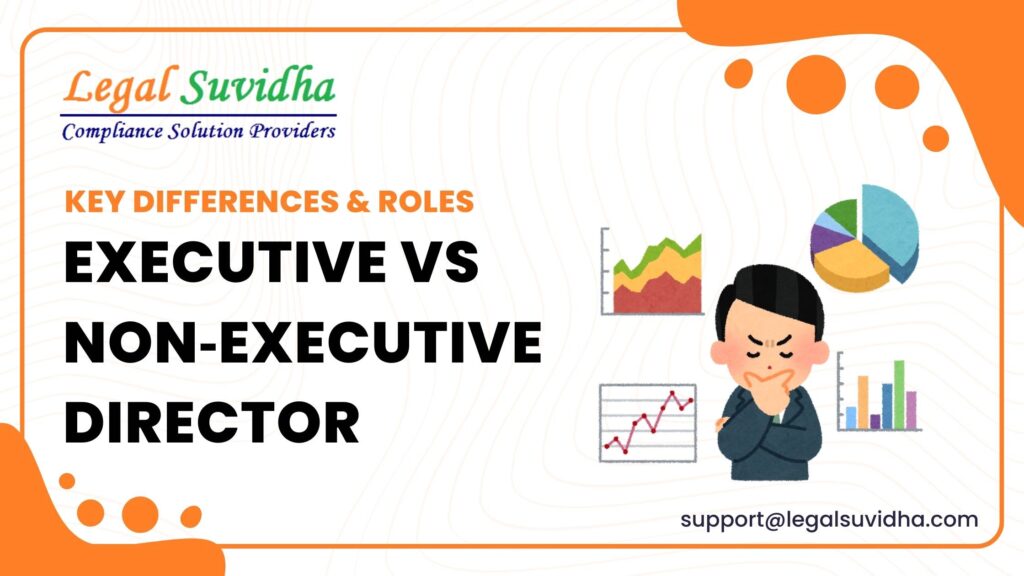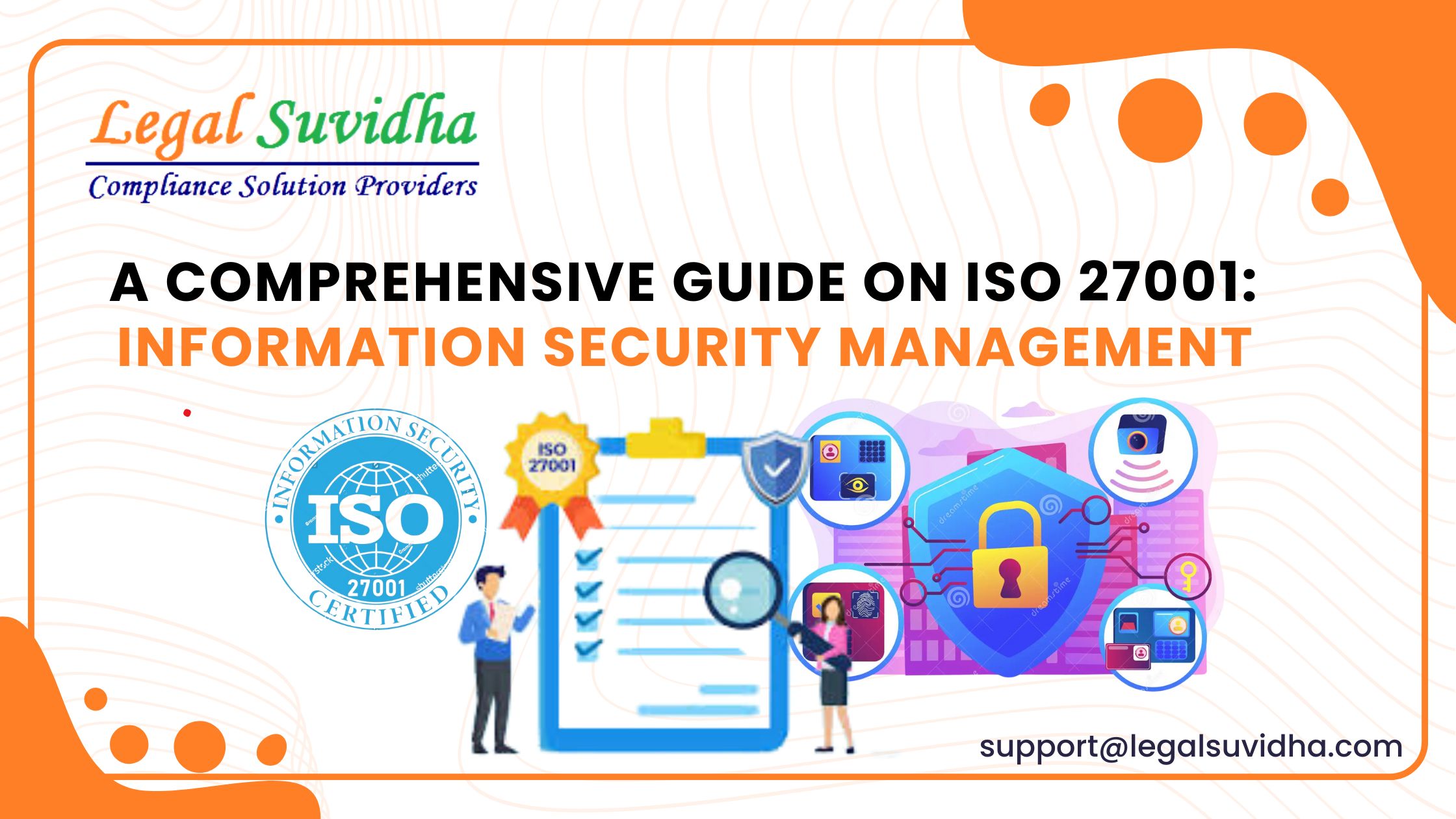Directors shape a company’s governance and strategic direction. Among board members, Executive Directors and Non‑Executive Directors (NEDs) play distinct yet complementary roles. Understanding these differences is vital for shareholders, regulators, and corporate leaders aiming for strong oversight and performance.
1. Who Is an Executive Director?
Why It Matters: Executive Directors drive day‑to‑day management and execution of corporate strategy.
Key Responsibilities:
-
- Strategy & Execution: Develops and implements business plans.
- Operations Oversight: Manages departments and staff to meet targets.
- Compliance Reporting: Ensures legal and regulatory adherence.
- Stakeholder Liaison: Represents the company in negotiations and external forums.
2. Who Is a Non‑Executive Director?
Why It Matters: NEDs provide independent oversight and protect stakeholder interests without handling daily operations.
Key Responsibilities:
-
- Strategic Oversight: Reviews and challenges management proposals objectively.
- Governance Monitoring: Ensures board adheres to best‑practice standards.
- Stakeholder Protection: Safeguards minority shareholders’ interests.
- Specialist Expertise: Contributes external legal, financial, or industry insights.
3. Side‑by‑Side Comparison
Why It Matters: A clear comparison highlights how these roles complement each other.
Aspects Compared:
-
- Role: Executive Director manages internal operations; NED provides independent board oversight.
- Employment Status: Exec is a full‑time employee with performance incentives; NED is a part‑time advisor on fixed fees.
- Decision Authority: Exec executes board decisions; NED reviews and challenges proposals.
- Independence: Exec is part of management; NED remains independent of daily operations.
- Accountability: Exec responsible for targets and results; NED accountable for governance standards.
- Expertise: Exec brings deep operational knowledge; NED contributes external, cross‑industry perspective.
- Time Commitment: Exec attends all board and management meetings; NED attends board meetings only.
4. Why Both Roles Matter
Why It Matters: Balancing dynamic leadership with independent oversight fosters robust governance.
Key Benefits:
-
- Checks & Balances: NEDs question executive decisions to prevent power concentration.
- Diverse Skill Sets: Executives offer operational depth; NEDs bring strategic breadth.
- Enhanced Governance: Combines internal know‑how with external objectivity.
- Stakeholder Confidence: A balanced board reassures investors and regulators.
5. Real‑World Examples
Why It Matters: Illustrative cases show how the roles function in practice.
Examples:
-
- Public Companies: The CEO (Exec Director) drives global operations, while NEDs with finance or ESG expertise guide long‑term sustainability.
- Family Businesses: Family Exec Directors handle daily affairs; independent NEDs ensure impartial governance and succession planning.
6. Role in Company Strike‑Off Procedures
Why It Matters: Clear delineation of duties ensures fair and compliant liquidation.
Key Points:
-
- Executive Directors: Manage asset liquidation, creditor settlements, and filings with the RoC.
- Non‑Executive Directors: Oversee fairness of the process, protect minority interests, and verify statutory compliance.
Take Action Today
- Book a Free Credibility Consultation
- Call us at +91 81306 45164 for expert board composition and compliance support.
Final Thought:
Effective governance balances dynamic leadership with independent oversight. By clearly defining the roles of Executive and Non‑Executive Directors, your company can achieve sustainable growth, regulatory compliance, and strong stakeholder confidence. Let LegalSuvidha help you assemble a board that drives performance and upholds the highest standards of corporate governance.








